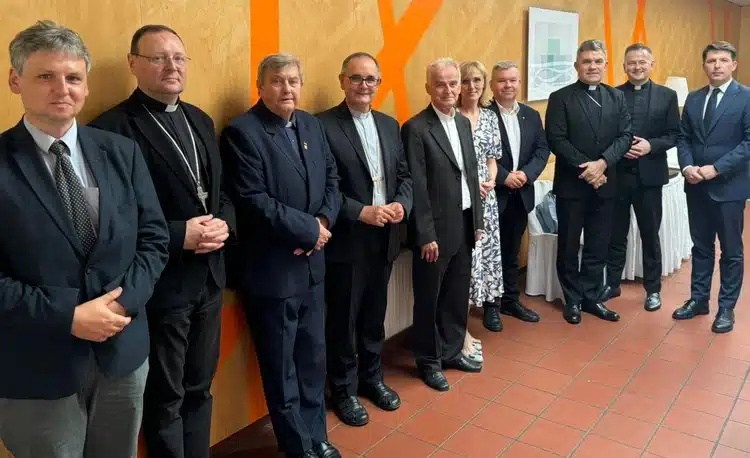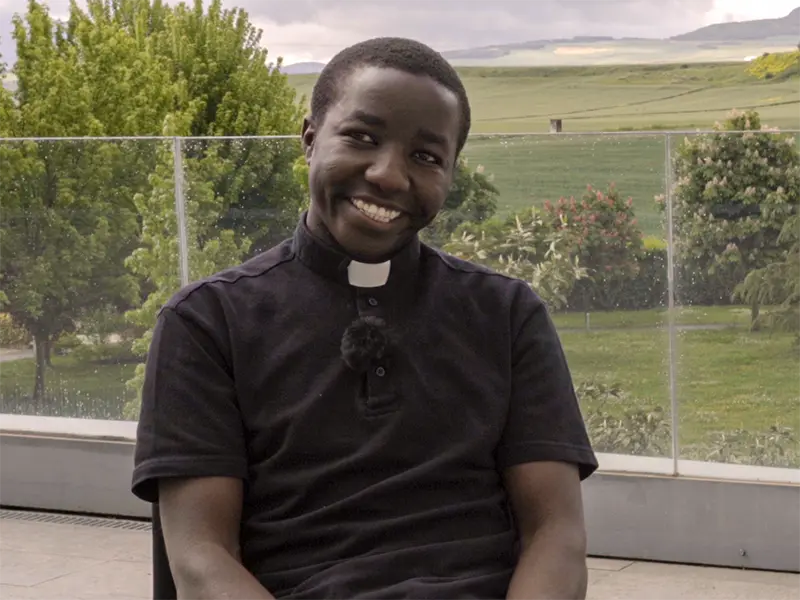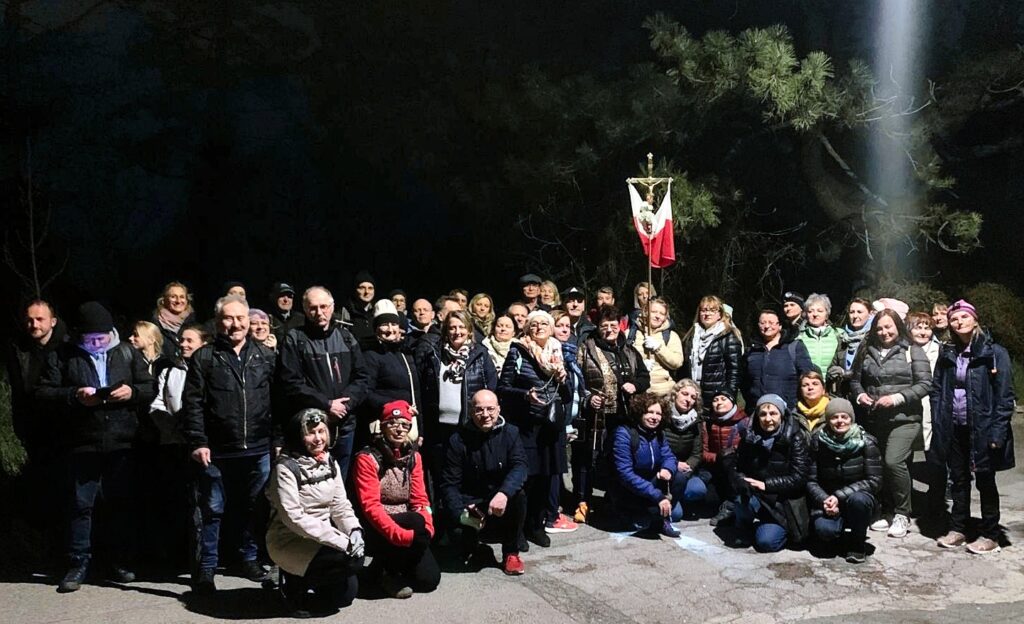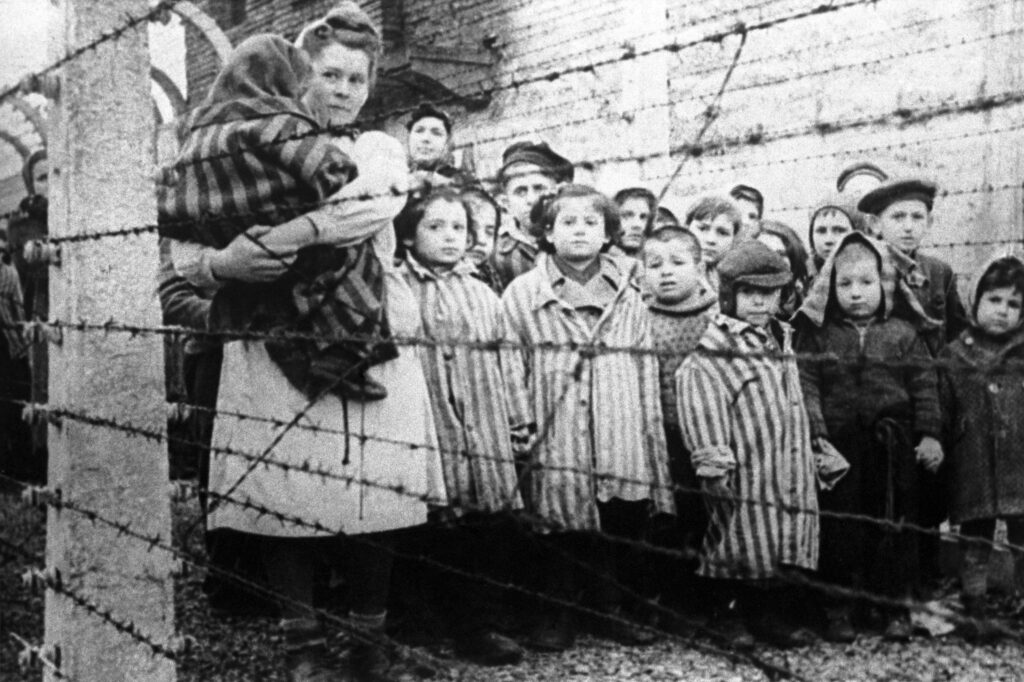Polish Episcopate: We call on state authorities to stop the degradation of social life
On 4 September 2024, the meeting of the Council of the Conference of the Bishops of Poland (CEP) for Social Affairs, chaired by Msgr. Marian Florczyk, was held in Warsaw. The meeting took place at a particular time for the country. After the parliamentary elections of October 2023, on 13 December a new government was […]

On 4 September 2024, the meeting of the Council of the Conference of the Bishops of Poland (CEP) for Social Affairs, chaired by Msgr. Marian Florczyk, was held in Warsaw. The meeting took place at a particular time for the country. After the parliamentary elections of October 2023, on 13 December a new government was formed in Poland, consisting of more than ten very different parties: from the former communists, feminists, greens to Tusk’s party (Civic Platform), Poland 2050 and the more conservative Peasant Party (PSL). The only real glue of the parties that form the current government was hatred towards the Law and Justice party that governed the country for eight years. Unfortunately, the demonization of the political opponent continues even after the electoral victory with attempts to hit and eliminate the current opposition party, even violating the laws and the Constitution. The “spectacles” of political revenge also have a specific function: to distract public opinion from the fact that Tusk has only fulfilled a minimal part of his electoral promises, and on the other hand to “hide” the lack of concrete results of the actions of this government for the good of the country.
But the Tusk government has another feature: it is the most anticlerical government since the democratic turn of 1989. Its ministers and MPs are fighting Christian values in the public sphere and are taking measures regarding the religious sphere that recall the times of the communist regime: the elimination of religious symbols from the public sphere, the reduction of religion classes in schools, with the prospect of eliminating them completely, the elimination of religious texts from school readings, plans to eliminate the Ecclesiastical Fund, etc. The arrest of a priest, Father Michal Olszewski, who has been in prison since Holy Week without receiving any concrete charges, has caused a great stir.
In this delicate moment in the life of the country, the CEP Council for Social Affairs in its document entitled “For the Care of the Homeland” has listed the negative phenomena of social life that “translate into individual, family, social and national attitudes” and “lead to deep divisions and lack of mutual respect, conflicts, social alienation and non-respect for the law”.
Here is the full text of the document:
“As in the rest of the world, in Poland we are also dealing with various negative phenomena. The tendencies towards atheization of public life and elimination of ethics from the political sphere are worrying. An example is the violation of the law by state authorities, including improper treatment of those arrested, the introduction of the ‘right’ to kill a human being by extending the possibility of abortion up to the 9th month of a child’s life, departure from moral values in many areas of social life, spreading hatred, promoting antagonism, exploiting conflicts in the social space, marginalizing the importance of religion, depriving the right to profess faith and eliminating religious symbols from the public sphere.
The above negative trends occurring in public life translate into individual, family, social and national attitudes, leading to deep divisions and lack of mutual respect, conflicts, social alienation and non-compliance with the law. In many cases they contribute to the loss of hope, meaning of life, sense of identity, as well as the disintegration of the family, loneliness and the promotion of negative role models in the process of forming the young generations. The consequence of the above-mentioned phenomena and attitudes is the destruction of our foundations: the Christian tradition and national heritage.
Therefore, we call on state authorities to refrain from any action that causes the degradation of social life. We call on all believers to be active in social life based on the principles of the Gospel, and we call on people of good will to remain faithful to their conscience in the spirit of solidarity and responsibility for the common good. We remember that Poland is our common home, and the Christian heritage has been its foundation for centuries.”
The document was signed by Mgr. Marian Florczyk, President of the CEP Council for Social Affairs together with the members of the Council.
Related

“Being Catholic in Tanzania is a source of pride”
Fundación CARF
16 April, 2025
6 min

The Vatican Suppresses the Sodalitium of Christian Life After a Long Discernment Process
Exaudi Staff
15 April, 2025
1 min

From Kahlenberg to the Papal Cross – Polish Night Way of the Cross in Vienna
Heschel Centre for Catholic-Jewish Relations at the Catholic University of Lublin
15 April, 2025
2 min

“I Will Never Be Herod for the Innocents”
Wlodzimierz Redzioch
14 April, 2025
6 min
 (EN)
(EN)
 (ES)
(ES)
 (IT)
(IT)

